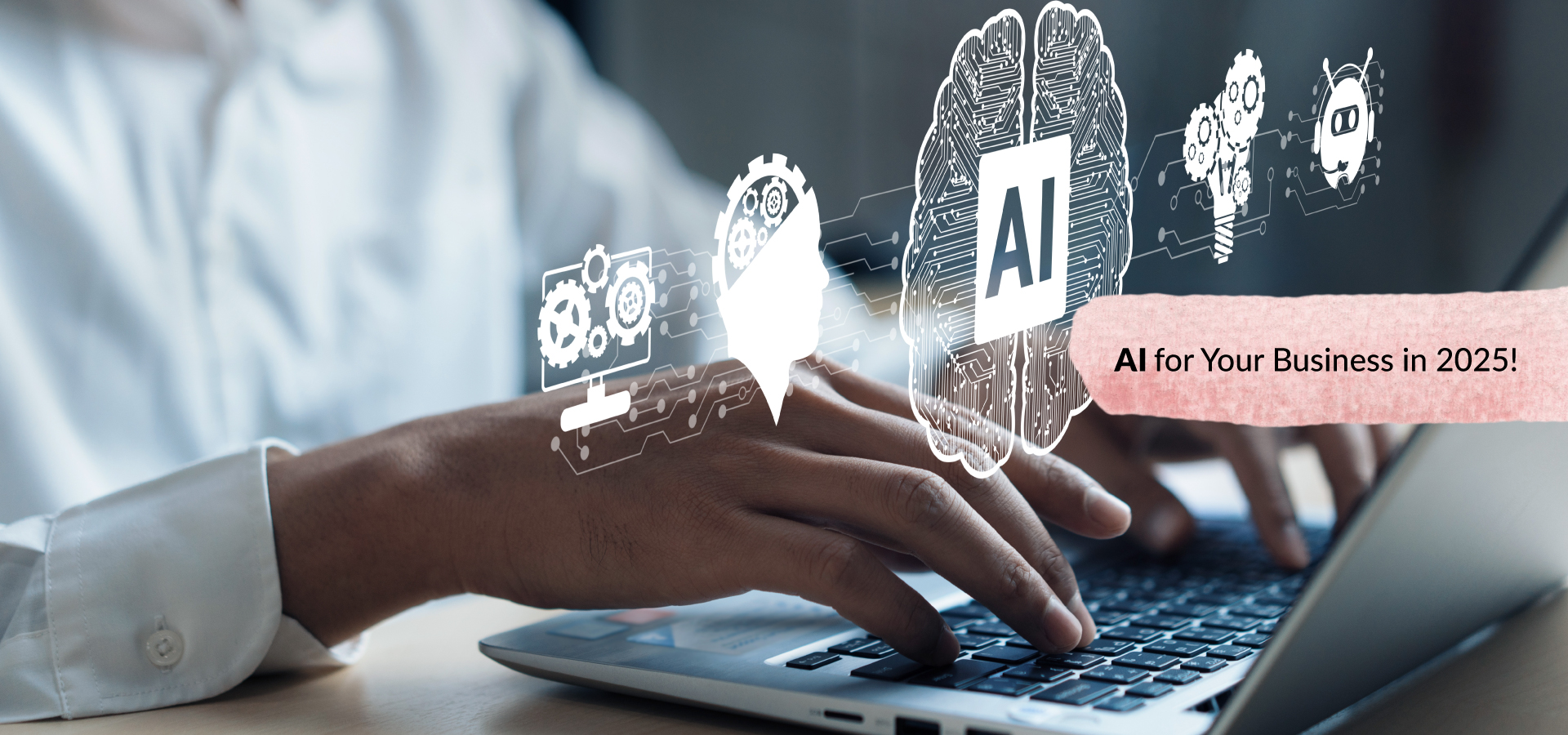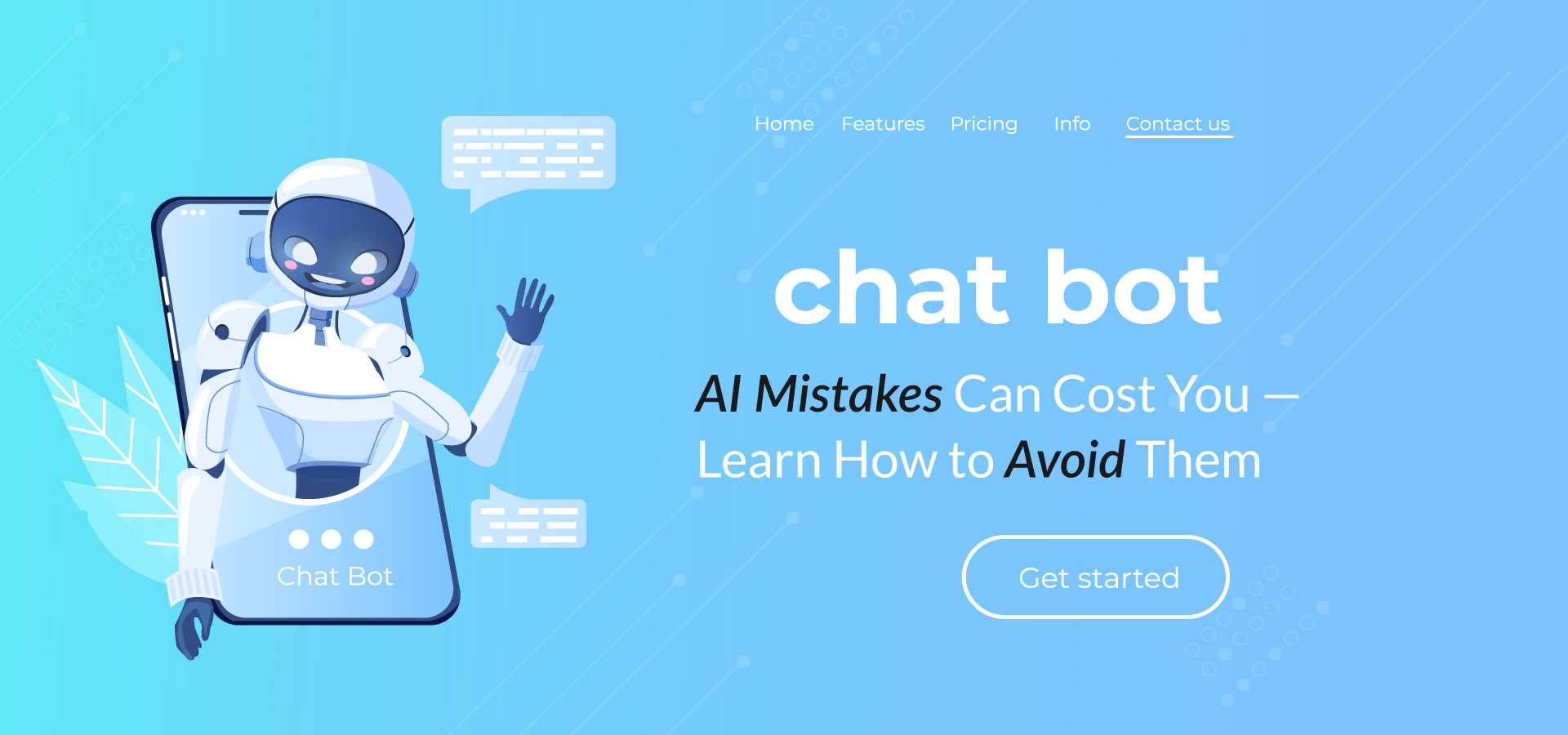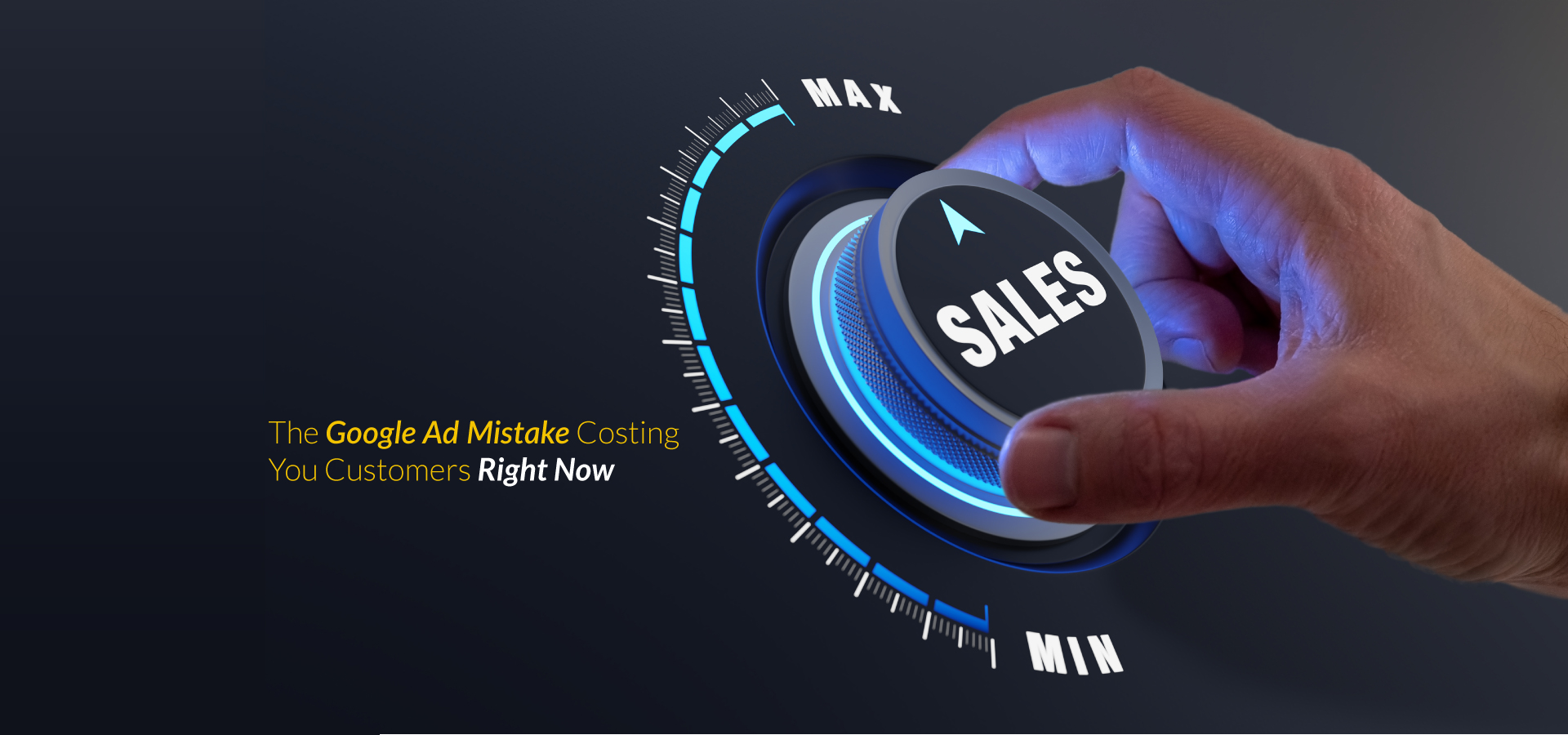How Does AI Help Businesses : AI is changing how businesses operate in marketing, sales, and customer support. It helps companies improve their work, make better choices, and save money, making it essential for staying competitive in 2025. In this blog, we’ll examine AI’s benefits for business, address common concerns, and explore the most popular ways it is used in different business areas.
How Does AI Help Businesses: Benefits of Using AI in Business
When used throughout a company, AI offers many benefits that can improve productivity, decision-making, and cost efficiency
1. Creating Alignment Across Departments: This helps teams like marketing, sales, and customer service work together. It allows them to share data and insights, making their work more efficient and coordinated.
2. Streamlining Tasks and Saving Time: AI automates repetitive tasks, letting employees focus on more important work. It can handle scheduling, data entry, and customer questions, helping businesses save time and boost productivity.
3. Enhancing Decision-Making: AI platforms can analyze large amounts of data to give businesses valuable insights. It helps find trends, assess risks, and improve strategies, leading to better decisions.
4. Optimizing Costs: AI helps businesses use resources better, focusing on essential tasks instead of cutting costs everywhere. It makes spending more efficient.
5. Competitive Advantage: Using AI to improve operations gives businesses a competitive advantage. Companies that use AI to boost efficiency, Generative Engine Optimization (GEO) Strategies, customer service, and marketing can stay ahead of competitors and grow their market share.
Concerns About Using AI in Business
While AI has many benefits, businesses should keep a few concerns in mind:
- Data Privacy and Ethics: Protecting privacy is a big concern. Companies must use AI responsibly, ensure customer and employee data is safe, and follow privacy rules.
- Inaccuracies and Biases in AI: AI can sometimes make mistakes or show bias. Businesses should check AI systems often to ensure they are accurate and fair.
- Cost of AI Tools: AI tools can be expensive at first. However, the benefits over time often make it a good investment for future growth.
- Skepticism and Over-Reliance on AI: AI can help businesses, but companies should be careful not to rely too much on it. Human judgment should always be part of decision-making.
AI Adoption in Businesses: A Growing Trend
As AI grows, more businesses are using it to enhance their operations. Recent studies show that:
- 50% of companies are already using AI
- 29% plan to implement AI shortly
- 11.5% are still unsure about using AI
- 9.5% do not plan to use AI
Organizations that have yet to explore AI should consider adopting it soon to remain competitive.
Common AI Use Cases in Business
Different business departments use AI to make operations smoother and more manageable. Here are a few ways AI is used in business:
Marketing
- Personalization: AI helps marketers create messages and offers that match customer interests, boosting engagement and sales.
- Content Creation: AI can help generate ideas, write articles, and translate marketing materials.
- Performance Analysis: AI looks at marketing data to show what’s working and what needs to be improved.
Sales
- Lead Scoring: AI helps sales teams prioritize leads by analyzing data to predict which prospects will most likely convert.
- Sales Forecasting: AI can predict future sales trends, assisting businesses to plan resources and strategies accordingly.
Customer Support
- Chatbots: AI-powered chatbots can handle customer inquiries, respond quickly, and direct complex WhatsApp to human agents.
- Sentiment Analysis: AI can analyze customer feedback and social media conversations to gauge customer sentiment and identify potential problems.
Operations
- Predictive Analytics: AI can forecast trends, helping businesses anticipate customer needs, inventory requirements, and maintenance schedules.
- Process Automation: AI can automate routine tasks such as data entry, approvals, and reports, freeing time for employees to focus on higher-priority activities.
Accounting
- Fraud Detection: AI can detect fraudulent activities by analyzing transaction data and identifying unusual patterns.
- Payroll and Billing: AI tools streamline payroll processes and ensure accurate billing.
Recruiting
- Resume Screening: AI can quickly scan resumes and job applications, reducing the time needed to identify qualified candidates.
- Bias Reduction: AI can help minimize bias in hiring by analyzing candidates based on objective data rather than subjective opinions.
Supply Chain
- Inventory Management: AI helps businesses optimize inventory levels, ensuring products are available when customers need them without overstocking.
- Demand Forecasting: AI predicts future product demand, allowing businesses to adjust supply chain strategies and avoid stockouts.
Popular AI Tools for Businesses
Many businesses use AI tools to enhance their operations. Some of the most popular tools include:
- ChatGPT: An AI-powered platform that can assist with content creation, customer support, and data analysis.
- Claude: An AI model that helps businesses with decision-making, data analysis, and predictions.
- Gemini: A tool designed to analyze market trends and customer behavior, providing insights for better business strategies.
- Meta AI: A platform for personalizing customer experiences and improving marketing efforts.
AI is changing how businesses work by making them more efficient, helping them make better decisions, and giving them a competitive edge. While there are privacy, accuracy, and cost concerns, these can be managed with good planning.
Great Impressions can help your business use AI to stay ahead of the competition. Ready to get started? Now is the time to see what AI can do for you!





